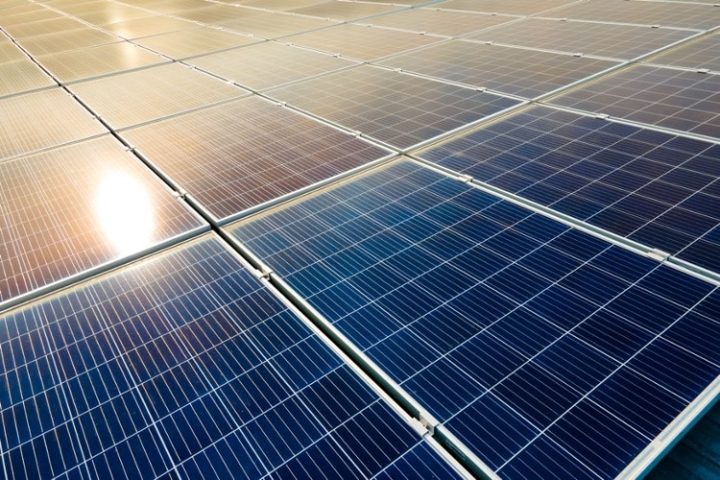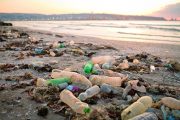
On June 6, President Biden declared an emergency and ordered the Department of Commerce (Commerce) to temporarily permit duty-free access to solar cells and modules from Cambodia, Malaysia, Thailand, and Vietnam. This is less than four months after the February 8 request for a circumvention inquiry to Commerce alleging that manufacturers in the above countries were circumventing the 2012 Antidumping Duty Order (AD) and Countervailing Duty Order (CVD) on Chinese solar cells and modules.
Secretary of Commerce Gina Raimondo stated, “The Department of Commerce remains committed to protecting our economic and national security against unprecedented challenges. As droughts cripple the West and Russia’s unwarranted invasion of Ukraine have placed increasing strains on America’s energy market, preventing disruptions to the electric power system, diversifying our energy sources and responding to the climate crisis have never been more urgent, and solar energy is an essential component of meeting those needs.”
No mention here of the human-rights violations and slavery associated with the manufacturer of these components. (Which will be covered later).
“I remain committed to upholding our trade laws and ensuring American workers have a chance to compete on a level playing field. The President’s emergency declaration ensures America’s families have access to reliable and clean electricity while also ensuring we have the ability to hold our trading partners accountable to their commitments,” added Secretary Raimondo.
The circumvention inquiry was filed by Auxin Solar, a U.S. solar-panel manufacturer, alleging that each of the named countries leverages the Chinese supply chain to supply polysilicon ingots or wafers to its minor assembly operations and then imports the assembled panels to the United States. Commerce initiated a country-wide circumvention inquiry investigation to determine whether imports of CSPV cells — whether or not assembled into modules — completed in Cambodia, Malaysia, Thailand, or Vietnam using parts and components from China are circumventing the AD and CVD orders on solar cells and modules from China.
Opponents argue that there is no evidence of circumvention because Commerce rules specify that country of origin is based on the location of manufacture of the CSPV cell, specifically the location of the formation of the component semiconductor. The solar industry has reoriented its supply chain and manufacturing operations over the last 10 years. During this time, solar cells or modules imported into the United States (now totaling $6 billion annually from the four countries under investigation) have not been subject to AD/CVD, so long as the component semiconductor was formed outside of China.
About 45 percent of the world’s solar panel polysilicon supply is produced in the Uyghur region of China, according to a Sheffield Hallam University Helena Kennedy Centre for International Justice report, which links the industry to forced labor (slavery) practices.
In addition, more than 40,000 child workers, some as young as six years old, are estimated to work in Democratic Republic of the Congo mining cobalt, a key material for electric vehicle batteries, according to the most recent approximation made by Amnesty International.
Solar isn’t exactly green or clean energy, considering the current manufacturing processes. Chinese solar manufacturing facilities have an awful track record of environmental stewardship. In 2011, protests erupted outside a Jinko solar manufacturing plant because the company was accused of dumping toxic wastewater into nearby rivers, causing the death of local wildlife, especially fish.
Then we have efforts by federal and state governments to achieve near 100-percent renewable energy as soon as possible. Colorado Governor Jared Polis recently urged Commerce Secretary Raimondo to end the circumvention investigation as it jeopardizes the interest in providing financial relief in the transition to affordable clean energy. In his request to Raimondo, Polis failed to mention human-rights violations or slave labor enforced in the manufactore of clean energy. Colorado is seeking to transition to 100-percent renewable energy by 2040.
With President Biden’s emergency declaration and the Left’s see-no-evil acceptance of current green energy material mining and manufacturing processes, it is apparent that their hypocrisy has been exposed. Slave and child labor, along with the destruction of the environment, is the basis of solar energy and green electric vehicles.
It will take more than an investigation to remedy this horrible situation. In the meantime, America can rise above the green energy rhetoric and political posturing by inventing new technology that truly is green, safe and cheap. You can’t put a deadline on innovation, but you can look into the future knowing our past successes of making the impossible a reality.



